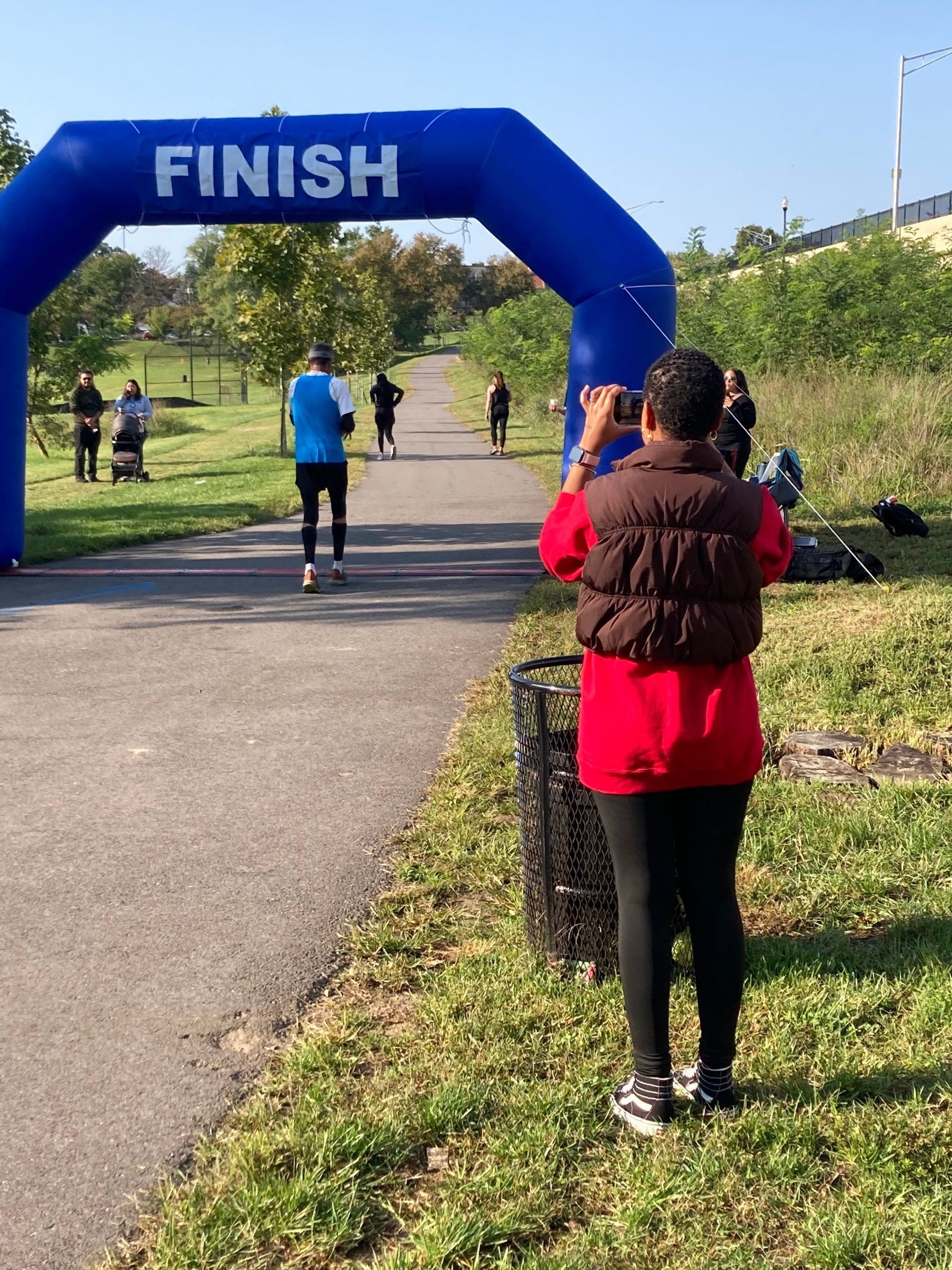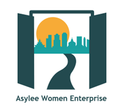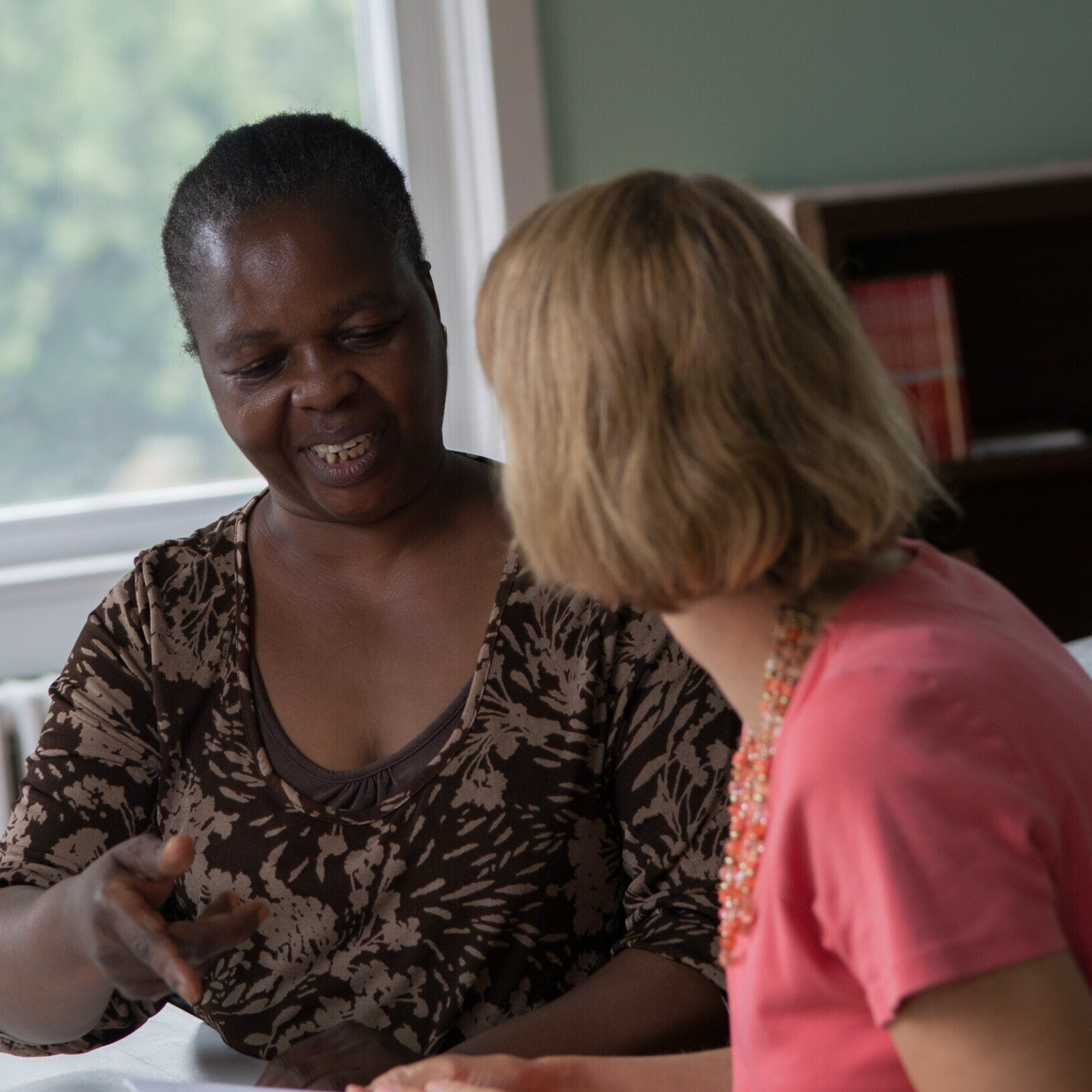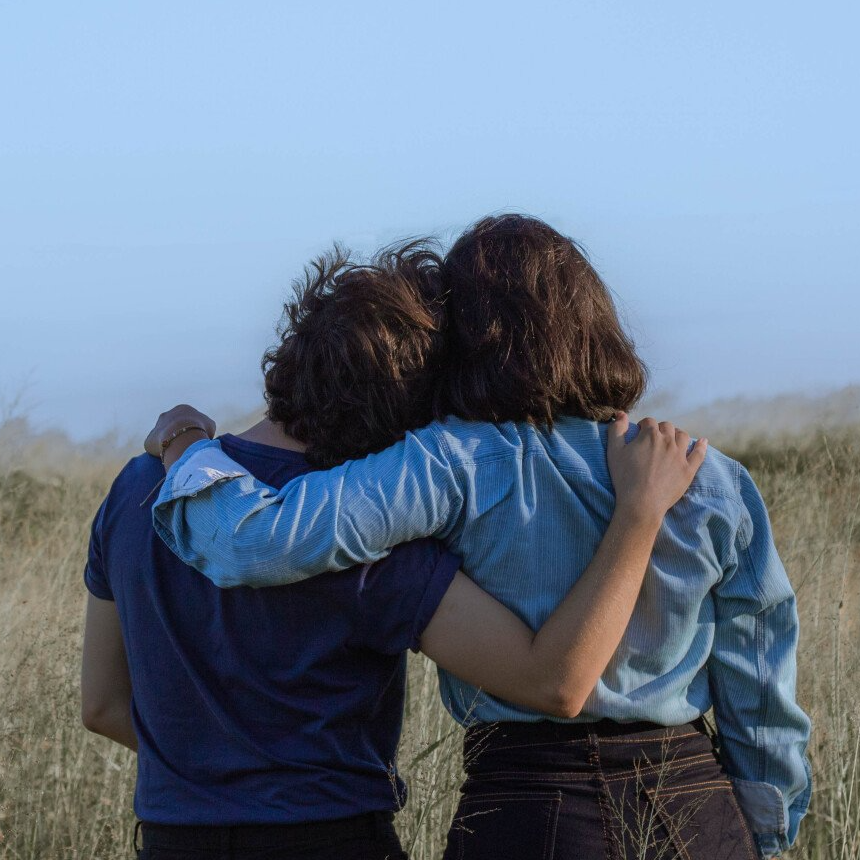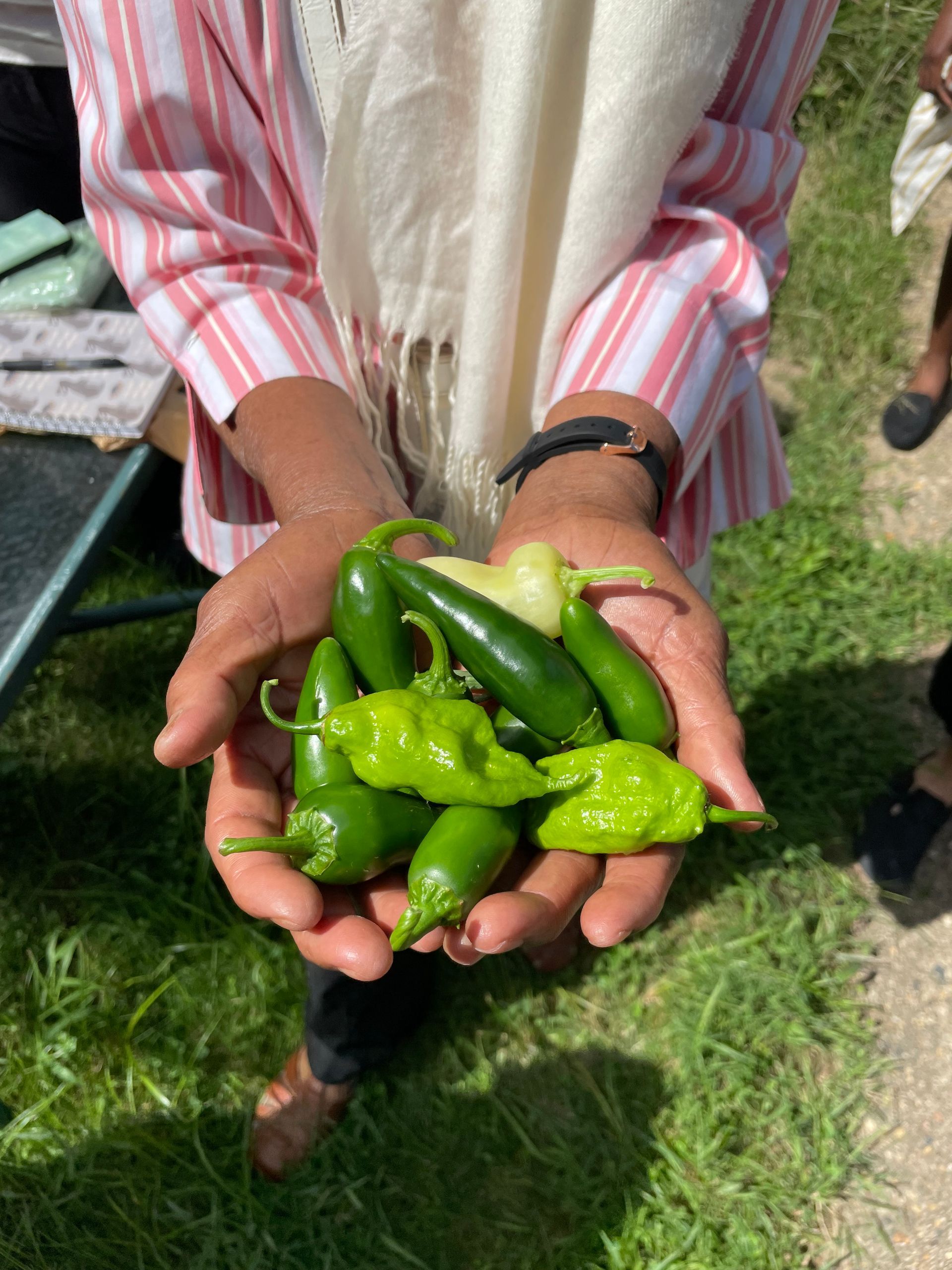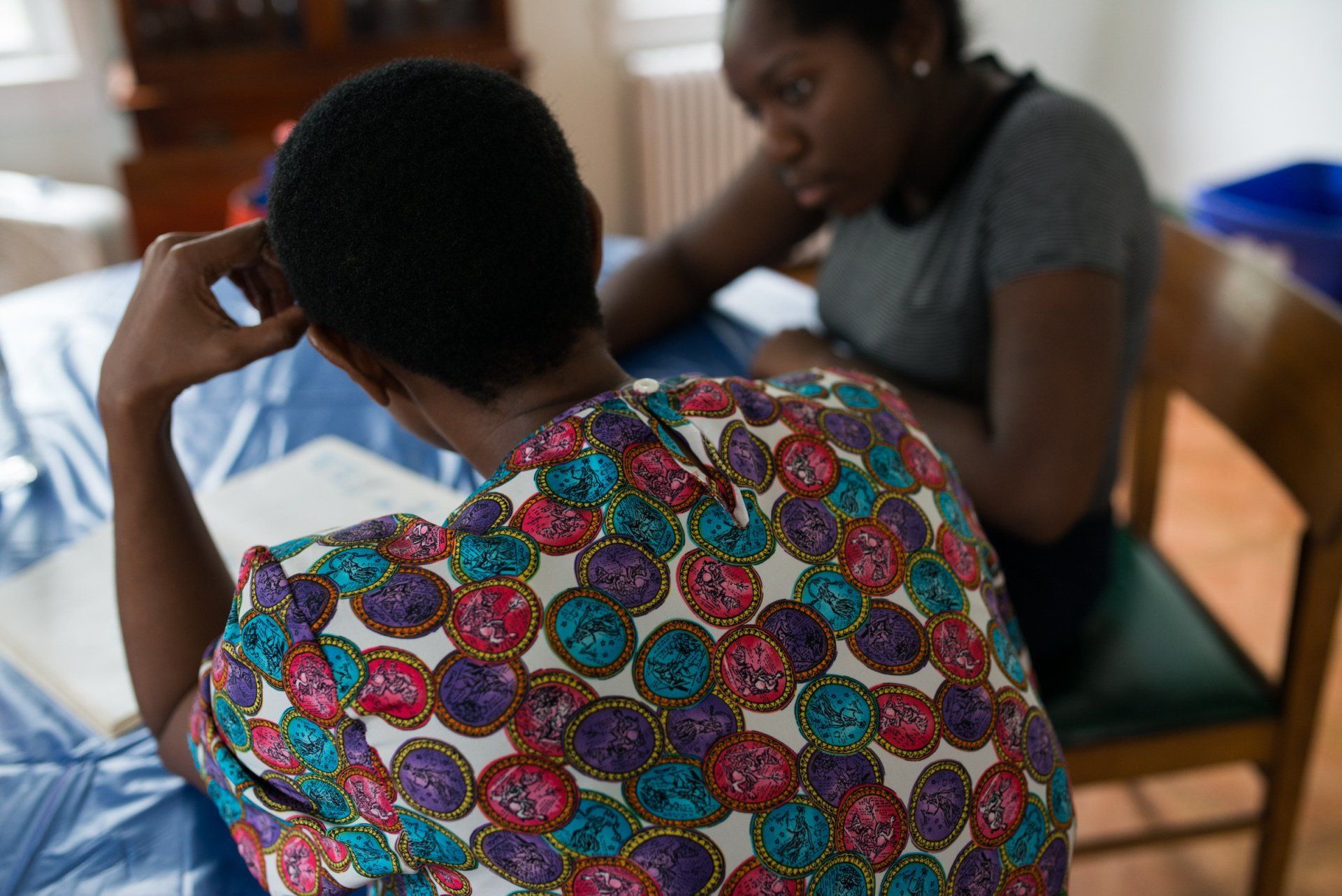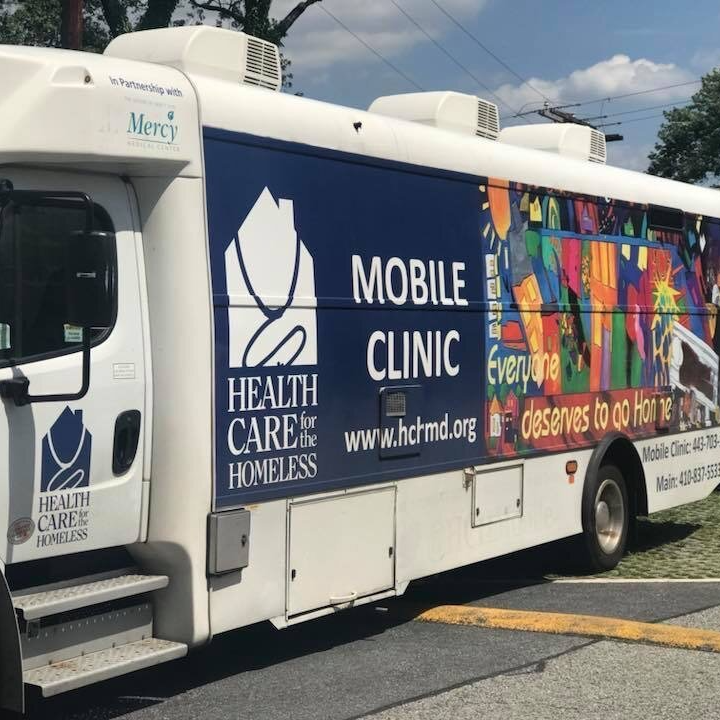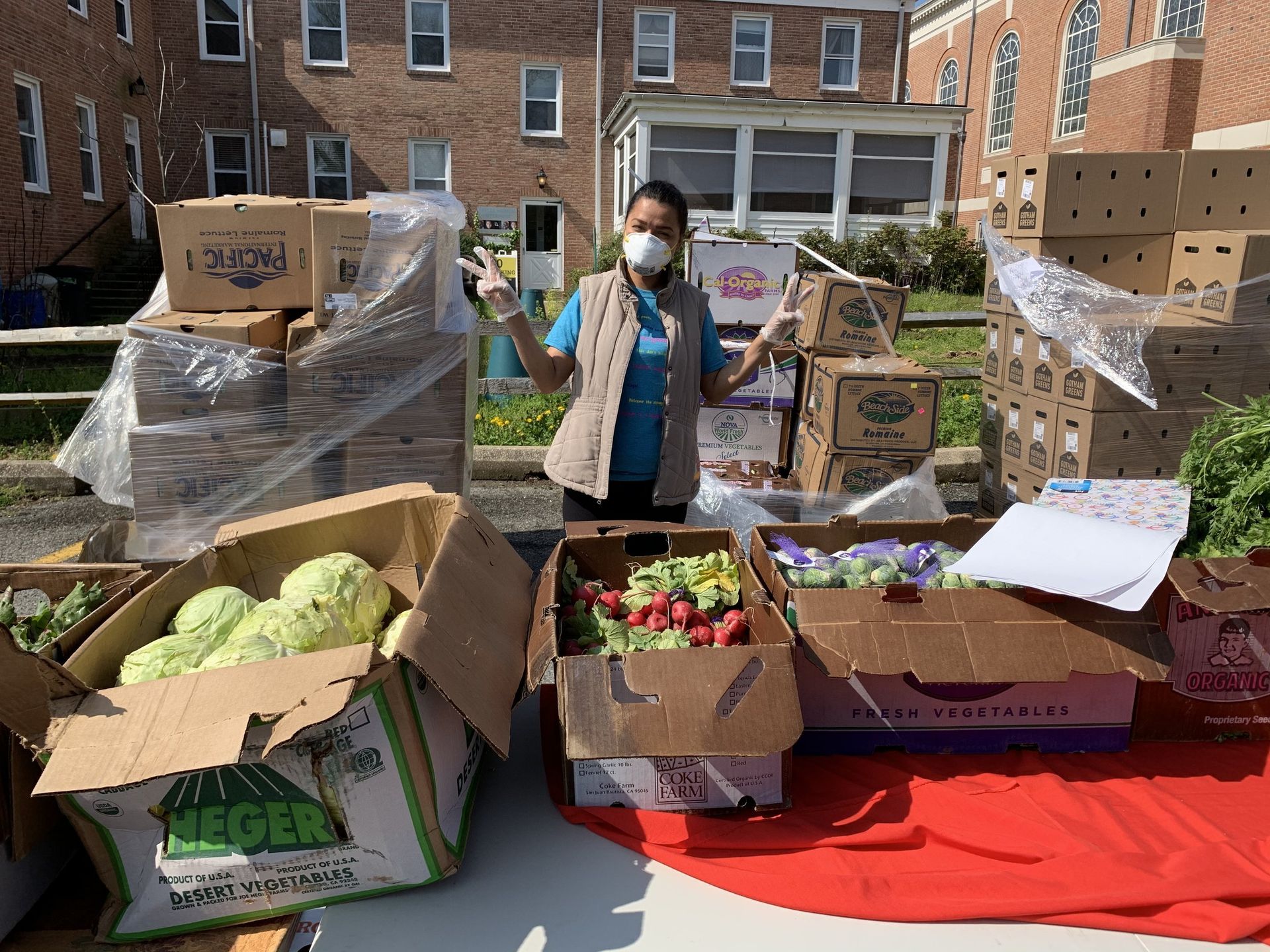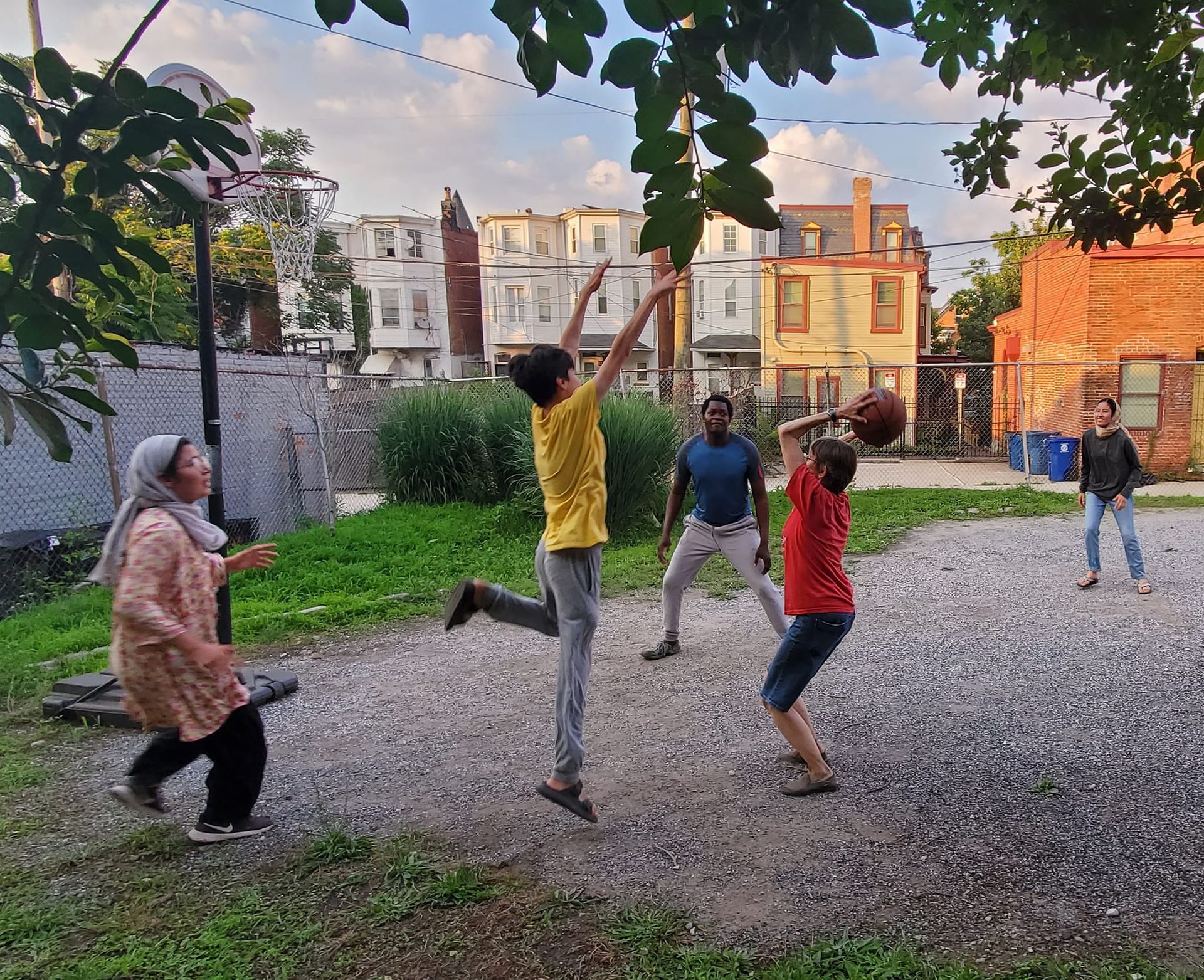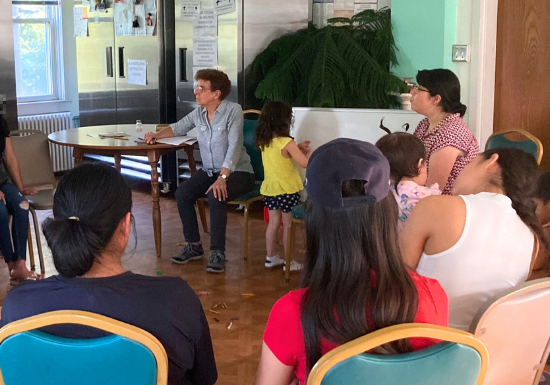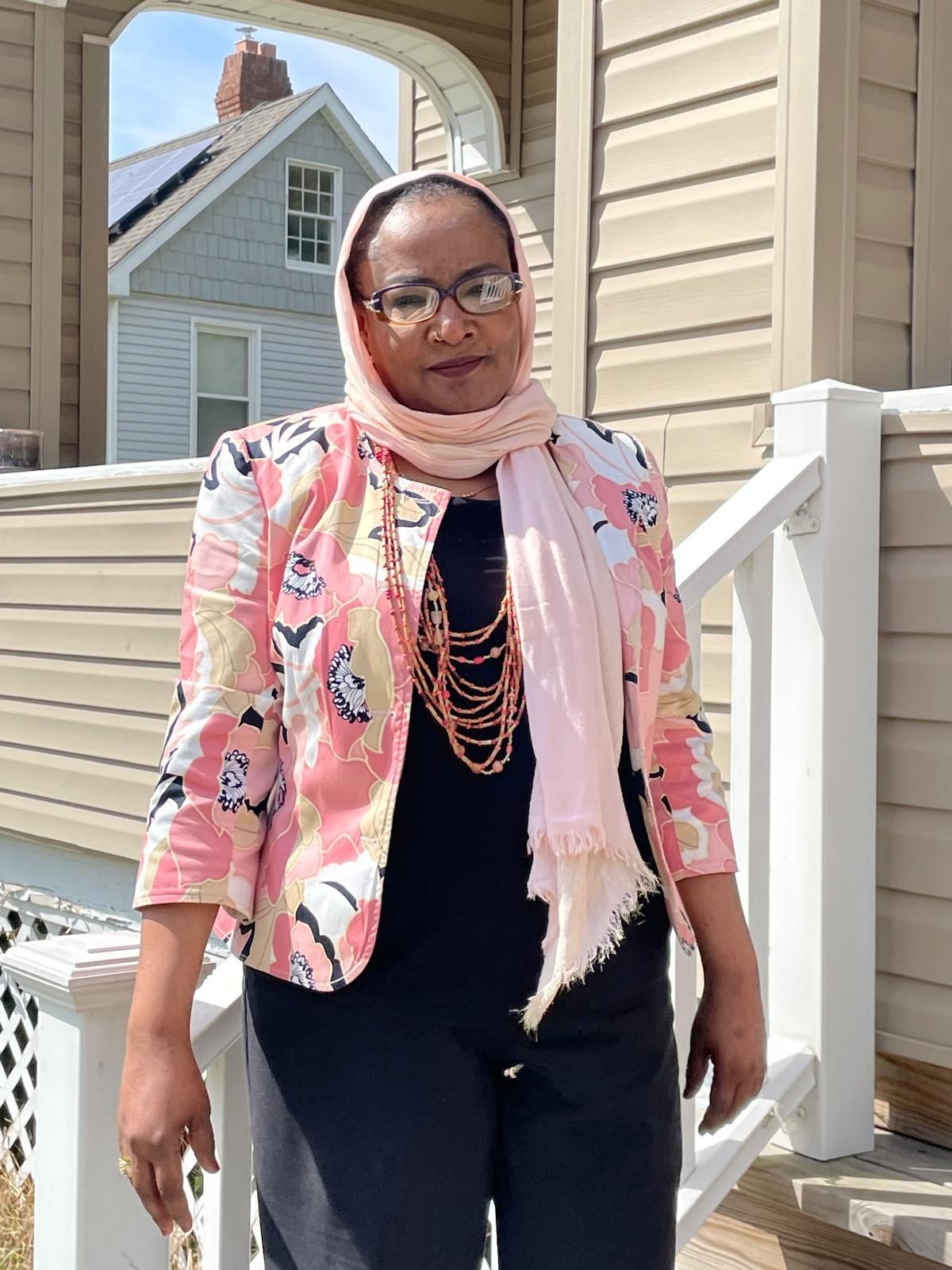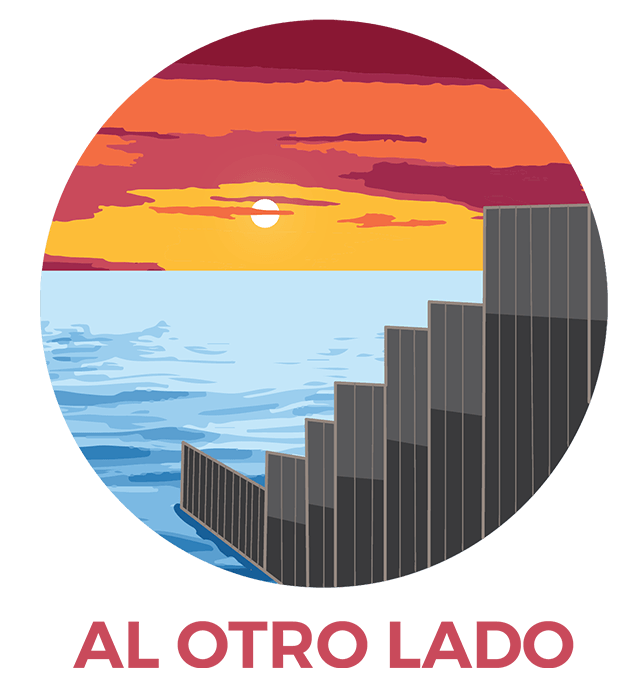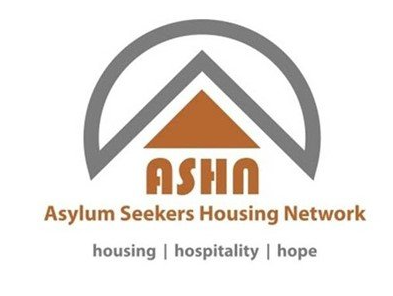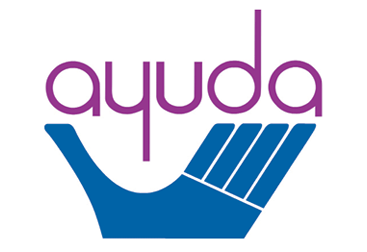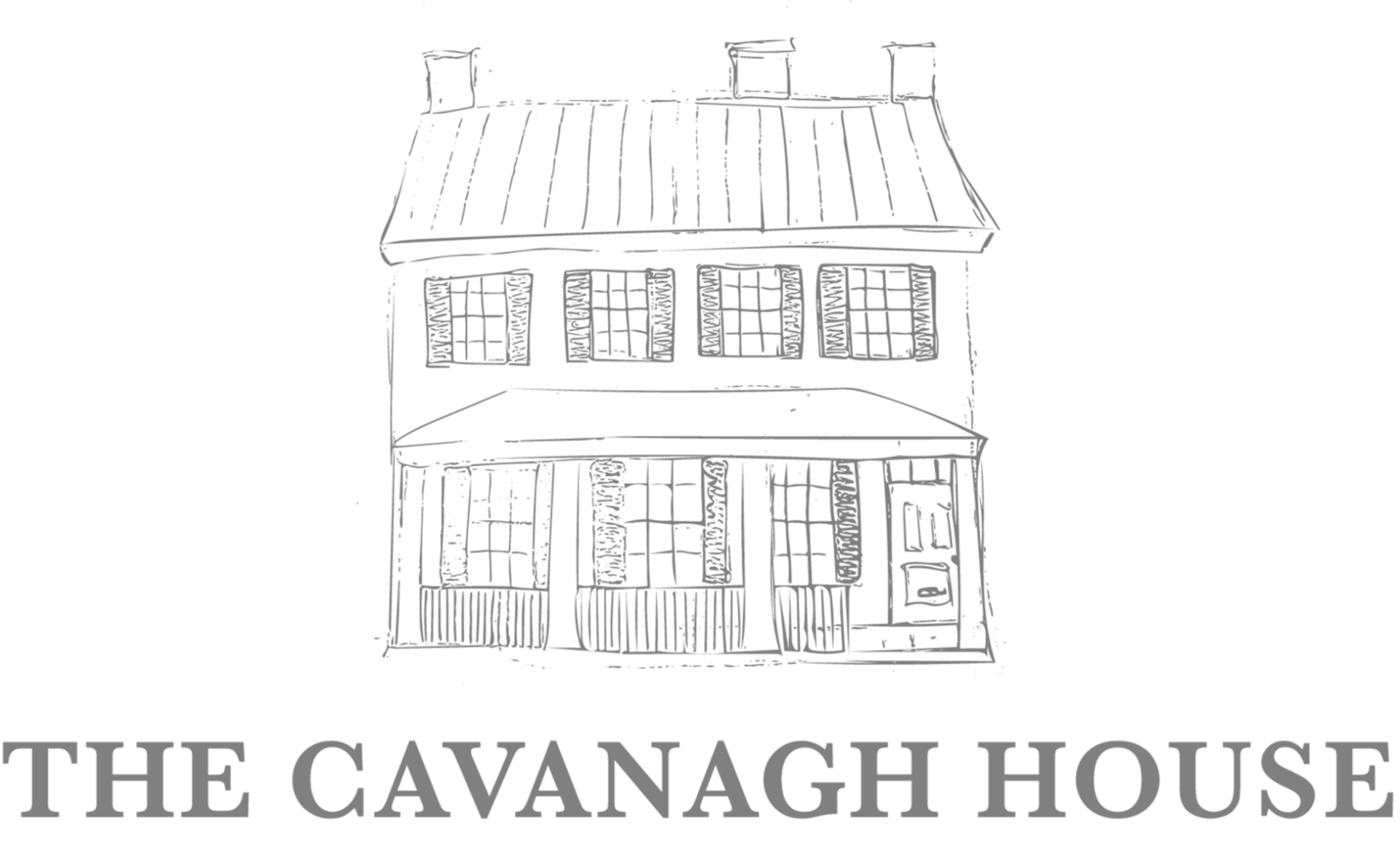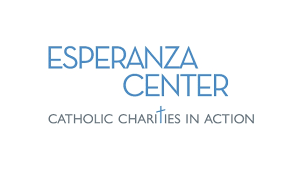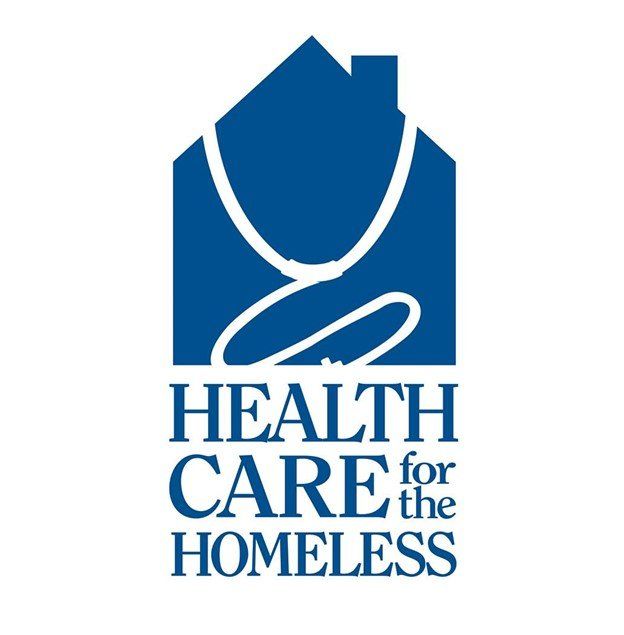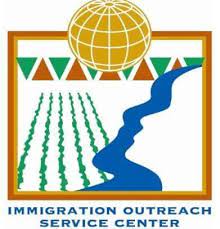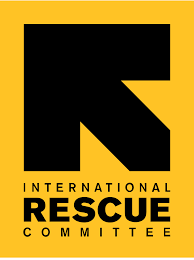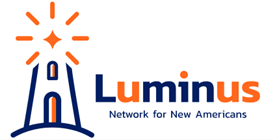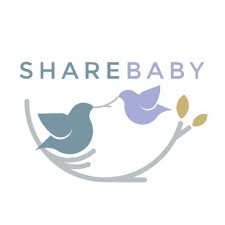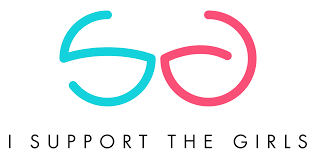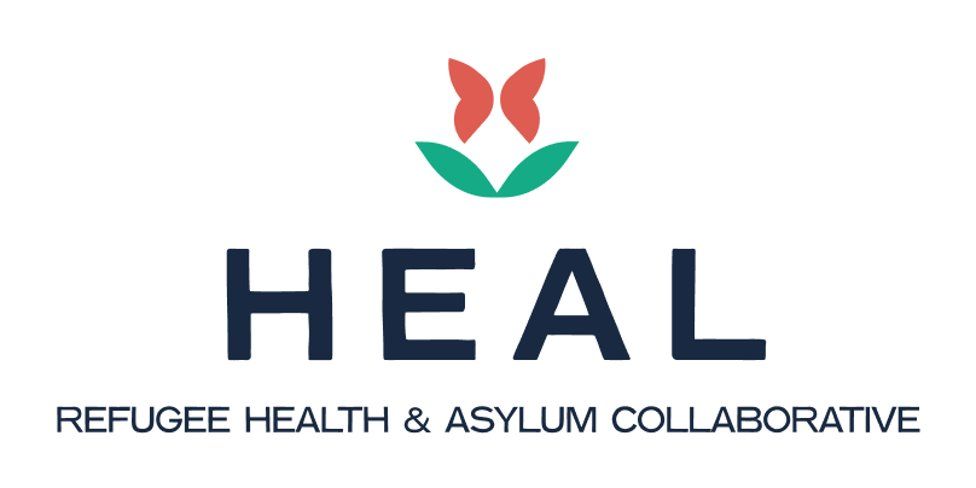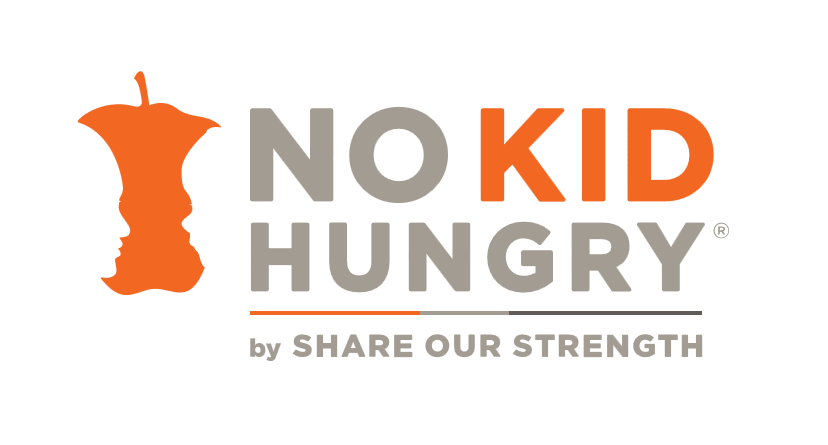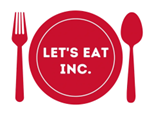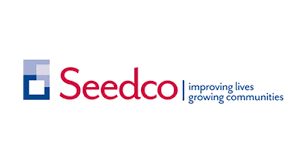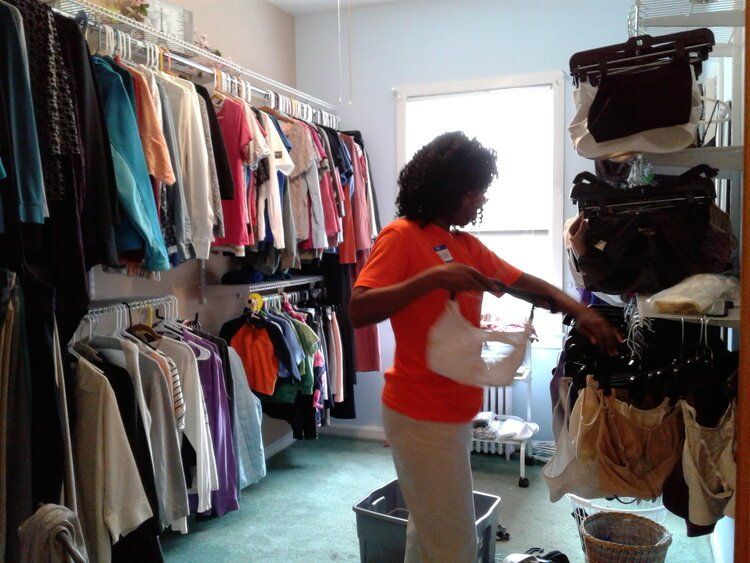By Laura Brown and Rachel Braver
•
November 17, 2025
Every October, survivors, advocates, and allies unite across the country to honor Domestic Violence Awareness Month. But this October, they are grappling with the effects of two new legal rulings which make asylum even harder to obtain for survivors of domestic violence. The impact of the rulings is illustrated by the case of an AWE client, Ana*. Ana* suffered decades of abuse in her home country at the hands of her husband, who believed that a husband has the right to treat his wife however he wants. Ana was determined to find protection for herself and her children. Repeatedly, she turned to her church, the police, and the judicial system for help. Yet, every time she was ignored, dismissed, and even mocked by the systems meant to protect her. Over and over, she was told to accept the abuse because that was the role of a wife. After a decade of abuse, multiple attempts on her life by her husband, and numerous dismissed police reports, Ana knew she had to flee to save her life. It was clear that she would not be protected in her country of origin. Ana fled to the United States with her children seeking safety. She made her way to Baltimore, where she connected with AWE. At AWE, Ana worked with our legal team to apply for asylum. Over many meetings, they documented Ana’s story - about the abuse she experienced and her repeated attempts to find protection. Together, they gathered police reports, medical and court records, and letters from friends and family, attesting to the abuse and her efforts to find help. At her hearing, Ana underwent hours of questioning. She testified that her husband’s abuse was motivated by his belief in male dominance and the dominance of a husband over his wife. She described how this belief is pervasive in her country, and how it made it so difficult for her to receive the protection she needed. The legal team argued that Ana qualified for protection as a woman who could not safely leave an abusive relationship in a country where the government failed to protect her. We submitted a legal brief citing years of legal precedent recognizing that violence- including domestic and intimate-partner violence- motivated by the victim’s gender constitutes persecution under asylum law. The judge agreed, and Ana’s case was approved. Ana thought that she would finally be able to live in safety and begin to rebuild her life with her children. But just a few weeks after her case was approved, the two new rulings were released, and suddenly Ana’s asylum approval was in jeopardy. The rulings drastically narrow the legal pathways to protection for survivors like Ana. One ruling reclassifies intimate partner and gender-based violence as “private matters” instead of persecution. It also raises the standard for proving that an applicant’s country cannot or will not protect them from the violence, meaning that asylum claims will be denied even with evidence that police ignored a victim’s attempts to seek protection. The rulings also move to exclude gender-based violence as a basis for asylum. To qualify for asylum, applicants must prove that they experienced persecution because of a protected characteristic: race, religion, nationality, political opinion, or membership in a particular social group. When the United Nations (UN) Refugee Convention - which is the basis for US asylum law - was written, gender was not included as a protected characteristic. In the years since, however, as gender-based violence has become better understood, the UN has acknowledged that gender-related asylum claims should be recognized under “membership in a particular social group”. In recent decades, judges have recognized gender-related social groups such as the one our legal team argued in Ana’s case: “women who cannot safely leave an abusive relationship in a country where the government fail to protect them”. In granting these kinds of asylum claims, judges acknowledge that in many contexts, gender puts individuals at risk for persecution because of societal views. However, the new rulings state that social groups based on gender are too broad - ignoring the reality of violence motivated by gender. Fortunately, Ana’s asylum approval has not been rescinded. But if her case had been decided just a few weeks later, her application may have been denied, and she would have been forced to return to danger. For countless survivors of domestic violence whose asylum applications are still pending, the door to safety has likely been shut abruptly by these rulings. This is another example of the many ways the current administration is rewriting immigration law, creating incredible volatility and rapidly denying people their rights and protections. At AWE, we will continue to fight for survivors like Ana — and for every person’s right to safety, dignity, and the opportunity to rebuild their lives.

